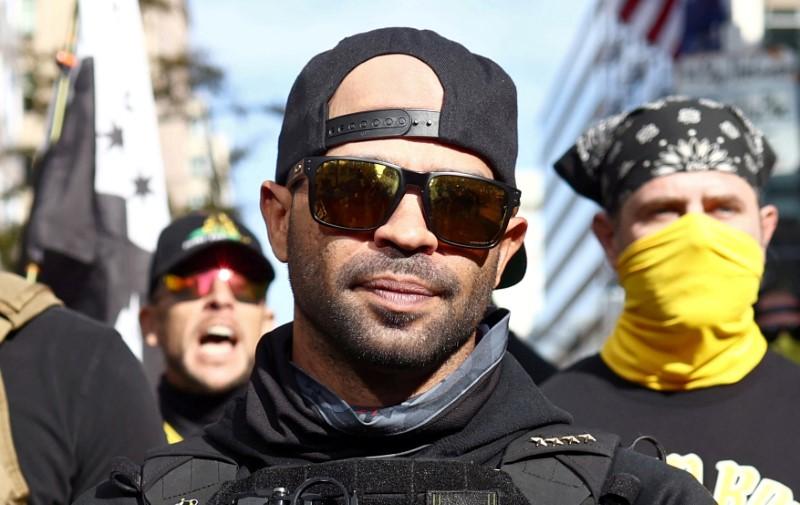WASHINGTON—Enrique Tarrio, the leader of the Proud Boys group, has a past as an informer for federal and local law enforcement, repeatedly working undercover for investigators after he was arrested in 2012, according to a former prosecutor and a transcript of a 2014 federal court proceeding obtained by Reuters.
In the Miami hearing, a federal prosecutor, a Federal Bureau of Investigation agent, and Tarrio’s own lawyer described his undercover work and said he had helped authorities prosecute more than a dozen people in various cases involving drugs, gambling, and human smuggling.





